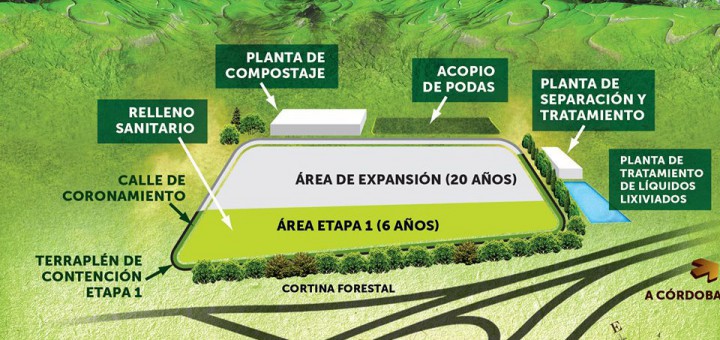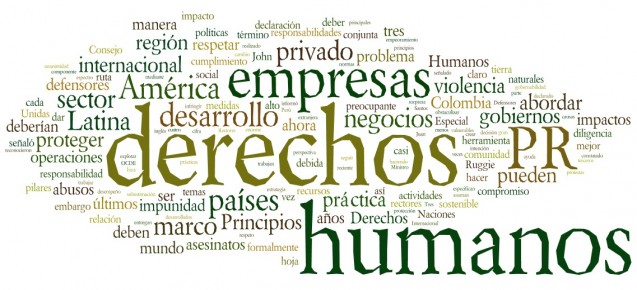This working document presents a brief analysis of the current relations between the People’s Republic of China and Argentina in a national and international context; and taking into account aspects such as the relationship between the Asian giant and the Kirchner government, the change of government that took place in Argentina at the end of 2015, the Argentine economic reality and the election of the Republican Donald Trump as president of the United States.
“Below, we offer a google translate version of the original article in Spanish. This translation may not be accurate but serves as a general presentation of the article. For more accurate information, please switch to the Spanish version of the website. In addition, feel free to directly contact in English the person mentioned at the bottom of this article with regards to this topic”
“Through its financing and technical support, a complex range of public and private institutions continue to be involved in attacks against defenders,” cites the report of the UN Special Rapporteur on the situation of human rights defenders, Michel Forst.
According to Forst, “there is a deep crisis linked to the imposition of development models that seem to favor short-term benefits and commodification on the needs and aspirations of local populations.” The report found that in many cases, violations of rights and conflict stem from the exclusion of potentially affected communities from decisions about their lands and natural resources. “Only by guaranteeing the right of those communities to grant or deny their Free, prior and informed consent, as foreseen in international agreements, can avoid these origins of the conflict.”
The Special Rapporteur’s analysis echoes some of the critical trends and challenges highlighted in a brief submittedby the Coalition for Human Rights in Development in response to the Special Rapporteur’s call for the report. These include the growing role of the private sector in development, the lack of due diligence on human rights by development banks, the increasing use of financial intermediaries and the poor execution of consultation and consent processes.
The report of the Special Rapporteur highlights the “urgency” for development banks and other investors to use due diligence on human rights issues to identify potential risks for defenders and identify mitigation measures before making investment decisions. Taking into account the commitments of the States in matters of sustainable development, the Rapporteur stressed that “now is the time to ‘lead by example’ and ensure that no one can be killed or threatened for the mere fact of defending human rights.”
The report recommends several concrete policies and practices that development banks and other investors should adopt to safeguard defenders:
– Conduct ex ante impact assessments on the enabling environment for human rights and fundamental freedoms in host countries, as well as on the risks of projects for human rights defenders.
– Conduct on-site monitoring with human rights experience for all projects;
Use contractual provisions to require clients to ensure that defenders can publicly and securely disclose their claims;
– Demand accessible and independent complaints mechanisms with experience in human rights;
– Monitor projects closely for reprisals and, if they do occur, respond promptly and publicly, including exercising influence over governments to investigate and hold accountable those who use force against protesters or threaten critics of projects;
– Disclose all final users of loans from financial intermediaries and ensure compliance with safeguards and human rights;
– Retain investments where impact evaluations reveal serious threats to civil liberties and to defenders.
The Special Rapporteur’s findings echo many of the priorities and recommendations of the Defenders in Development campaign led by the Coalition along with civil society groups from around the world. The campaign is working to ensure that development activities respect human rights, that development funders promote an environment conducive to public participation, and that defenders can defend their rights and hold development actors accountable. fear.
Source: Coalición para los Derechos Humanos en el Desarrollo
source of the image: Accountability Counsel


